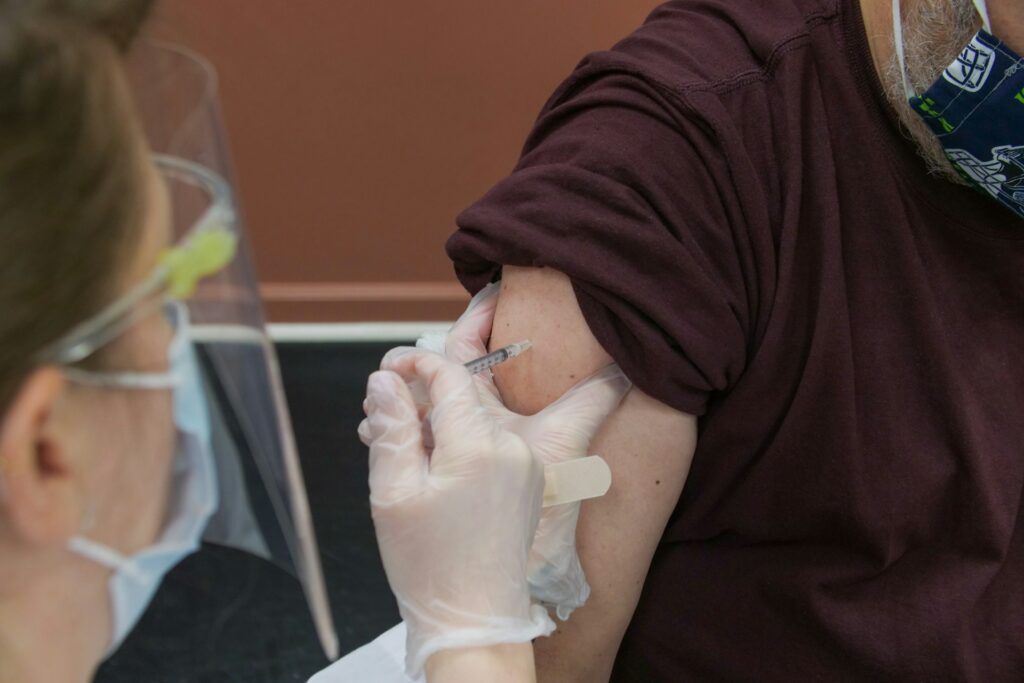Psychological stress affects a wide range of brain activities and increases the likelihood of numerous mental and physical diseases, according to the American Psychological Association.
The biotechnology field has produced various medical treatments for stress, with some of the more recent developments involving the controlled use of psychedelics.
“In recent years, there has been renewed interest in the use of psychedelic substances for treating illnesses such as addiction, depression, anxiety, and posttraumatic stress disorder,” according to an article on one of these treatments, tabernanthalog (TBG) published by University of California, Santa Cruz. “The hallucinogenic effects of these drugs remain a concern, however, and scientists have been unsure whether the hallucinations are therapeutically important or just a side effect.”
The problem with stress
According to the American Institute of Stress (AIS), our realization that stress can cause a host of health problems came from Hungarian-Canadian endocrinologist Hans Selye, who in 1936 described stress as “the non-specific response of the body to any demand for change.” Instead of focusing on individual symptoms, Selye studied general patient reactions, says an article in the Singapore Medical Journal. Although “stress,” as commonly used now, refers to a host of unpleasant situations, Selye’s main focus was on the physical impact of “noxious physical and emotional stimuli,” AIS says.
Too much stress “can have wide ranging effects on emotions, mood and behavior. Equally important but often less appreciated are effects on various systems, organs and tissues all over the body,” according to AIS.
To promote the need to address the problem, as individuals and as a society, AIS and others mark National Stress Awareness Month every April.
New treatments for stress mitigation
While we lack effective stress mitigation treatments, recent progress has been reported with TBG, a synthesized psychedelic analog of the naturally occurring psychoactive substance ibogaine, which has been shown to have anti-addictive and antidepressant properties.
Researchers who gave TBG to mice reported in Molecular Psychiatry last year that “a single dose of TBG decreases their anxiety level and rescues deficits in sensory processing as well as in cognitive flexibility.”
In addition, the drug promoted physical repairs to the brain, according to the UC Santa Cruz article: TBG “also promotes the regrowth of neuronal connections and restores neural circuits in the brain that are disrupted by stress.”
While ibogaine has shown potential in the treatment of addiction, it has strong side effects. Its analog, “TBG has not yet been tested in humans, but it lacks ibogaine’s toxicity in animal tests, and it doesn’t induce the head-twitch behavior in mice caused by known hallucinogens,” the UC Santa Cruz article said.
Researchers said more study is needed before TBG is given to humans, but one of the people who worked on the project, Professor Yi Zuo of UC Santa Cruz, was quoted as saying: “This study provides significant insights into neural mechanisms underlying the therapeutic effects of psychedelic analogs on mental illnesses and paves the way for future investigations to understand their cellular and circuit mechanisms.”




